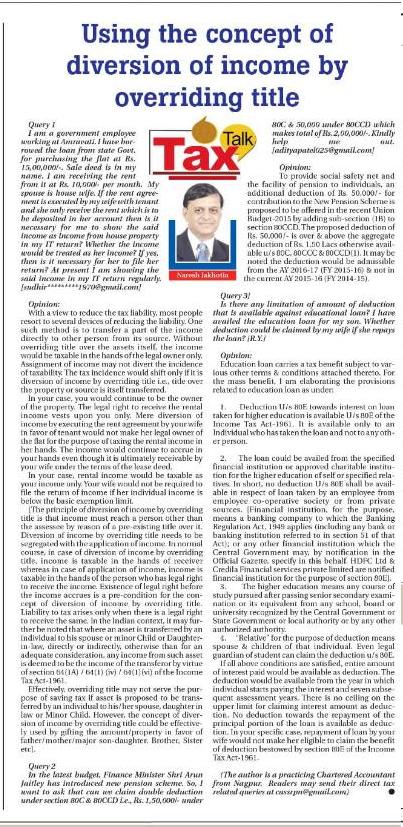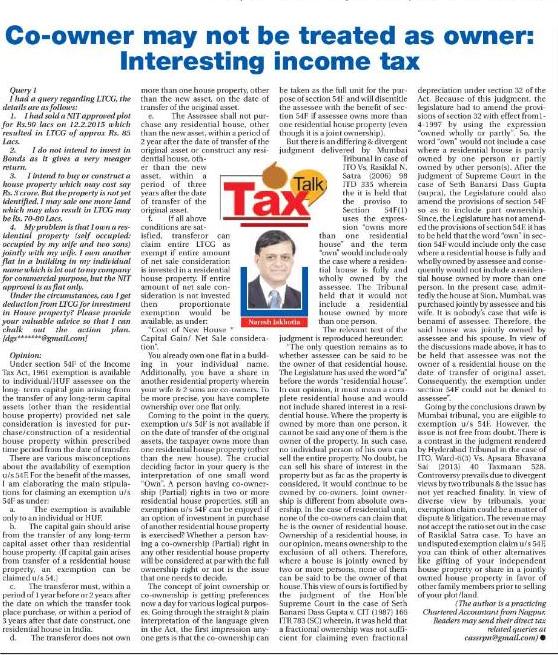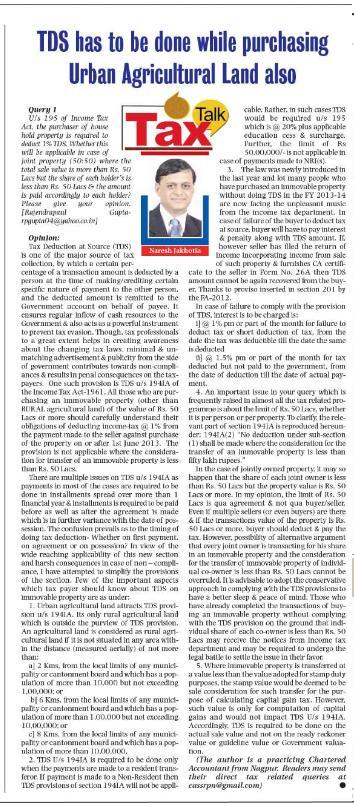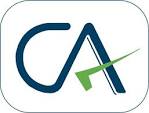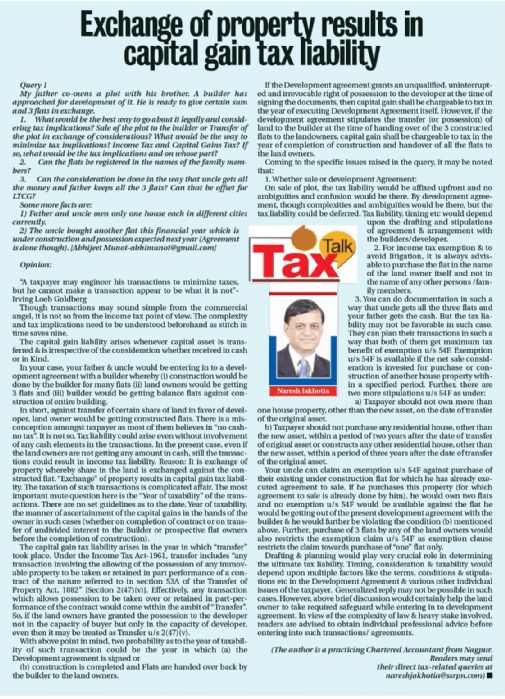TDS ON PAYMENT TO CONTRACTORS AND SUB-CONTRACTORS UNDER SECTION 194C AN OVERVEIW
- By Reema Agrawal
– Article Assistant
- SSRPN & CO
TDS INTRODUCTION:-
TDS means TAX DEDUCTED AT SOURCE. TDS came into picture when there was no tax levied on the services i.e. when SERVICE TAX was not introduced. Presently, TDS accounts for more than 40% of the collection of the total collection income tax & is rising year after year.
OBJECTIVE OF TDS:-
1. Regular inflow of cash to Government at regual interval.
2. To regulate cases of tax evasion
3. Prevents leakage of revenue
4. Helps in cross verification & linkages
5. Widens the tax base
SECTION 194C:
194 C was introduced in the Income Tax Act, 1961 w.e.f 1st April 1972. Section 194 C covers “Payment to Contractors”. Even if the word contractor is specifically mentioned in the heading of section 194C, scope has been stretched to covers other related payment like work contract, supply of labor, advertisement, catering, contract manufacturing on job works, etc.
Who needs to deduct Specified person.
Who is the recipient Resident Contractor (contractor includes sub-contractor.
Rate of TDS 1% if recipient is an individual/HUF,
Otherwise 2% .
Time to deduct TDS At the time of Payment or Credit, whichever is earlier.
Max. amount without deduction Single payment or credit does not exceeds 30,000 and aggregate does not exceed 1,00,000 (amended w.e.f 1st June 2016).
Specified persons liable to deduct tax are:-
- A Corporation established under Central, State or Provincial Act.
- BOI (Body of individual) , AOP(Association of Person).
- The Central government & State government.
- An HUF,An individual. (Subject to exception).*
- A co-operative society.
- Housing Boards.
- An University.
- A Company.
- A firm.
Association of Person and Body of Individual are included w.e.f. 1st June 2008. Similarity between BOI and AOP is that people or firm or company come together for achieving common goals. Difference is that BOI is not specifically formed with the goal of producing income but in AOP the sole motive is not this. BOI is formed when individual come together and AOP is formed when entities like Firm, Company comes together.
THE SECTION COVERS THE FOLLOWING CONTRACTS:-
- Catering
- Works Contract
- Supply of Labor
- Advertisement Contract
- Carriage of goods and passenger by any mode of transport other than railways.
- Broadcasting and Telecasting including production of programs for such broadcasting and telecasting.
*EXCEPTION TO INDIVIDUAL AND HUF:-
Individual and HUF are required to deduct tax under this section only if the limit as prescribed under section 44AB is crossed by them. If the payment is for exclusively personal purpose, there is no need to do TDS.
EXCEPTION FOR TRANSPORTER:-
Tax is not to be deducted for payment to transport operators owning ten or less goods carriages at any time during the previous year. Recipient should furnish declaration along with PAN to the payer.
SOME EXAMPLES:-
- In case of Turnkey contract (indivisible as to material and installation charges):
Where the contract is of purchase of Plant & Machinery and its installation, TDS would be done on whole amount rather than the service amount as installation forms an integral part of the contract. e.g. Purchase of machinery is of 10 Cr. And installation charges are of 10 Lakh. Though the service amount is specifically mentioned, TDS would be deducted on whole amount rather than the service amount as installation forms an integral part of the contract and both are not separately provided for in the agreement between the parties.
- If we are purchasing a software than it would be merely purchase of goods which would not attract TDS. But if we are customizing the software as per our demand than it would be considered as contract and whole amount would be liable for TDS.
- Suppose, specified person on occasion of New Year has ordered 150 meals plates from any hotel who has even delivered it at the buyers premises, then in general, it is merely purchase of goods and would not attract TDS. But, if on the packing of the boxes, a specification is been provided to add the name of buyer or any other details as per the specification of buyer then it would come under the definition of works contract and would accordingly attract TDS.
- If we have to buy 100 files with name of the company printed thereon then, even though the printing expenses and file charges are separately shown, the contract is indivisible and TDS would be deducted on whole amount.
- If a customer has provided the specification to the seller and seller is purchasing it from another person and supplying to the buyer than it would be merely sale. It is only applicable in case of movable property.
[Readers may forward suggestion/remarks / queries at cassrpn@gmail.com]
|





.png)
